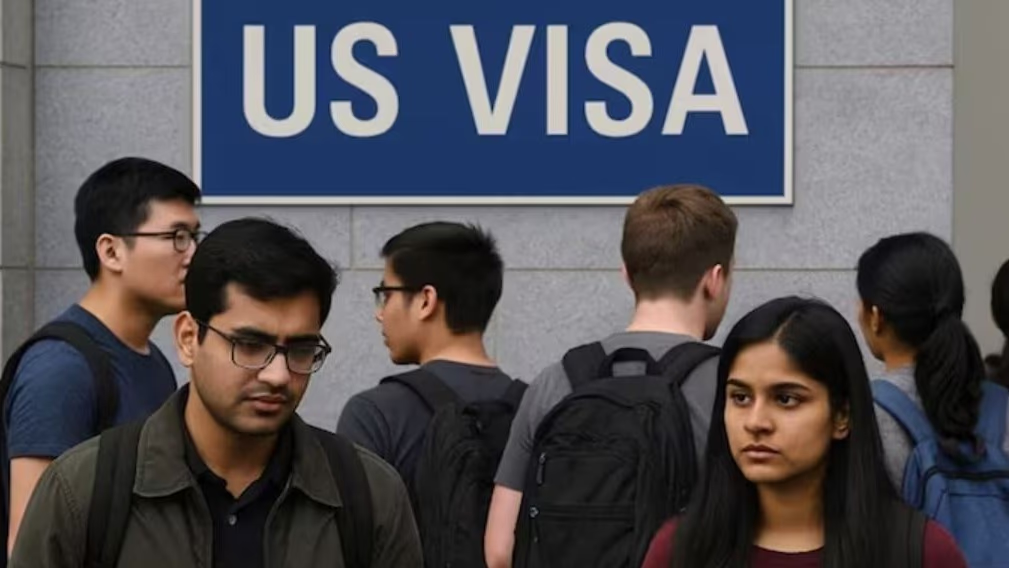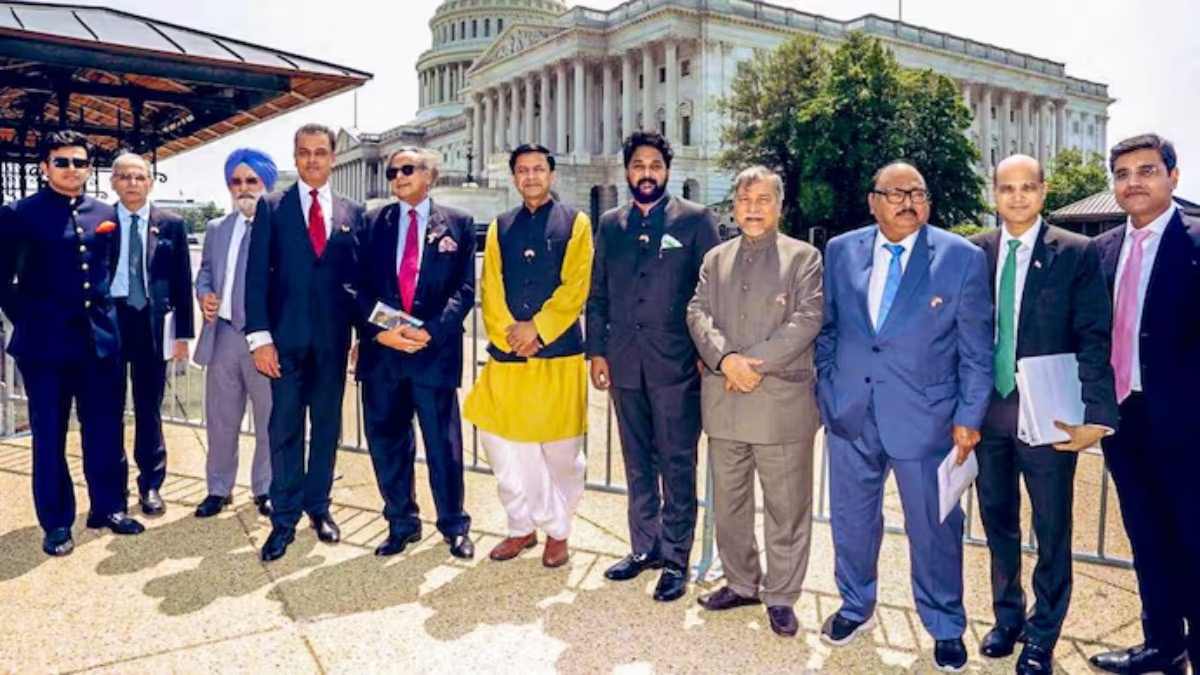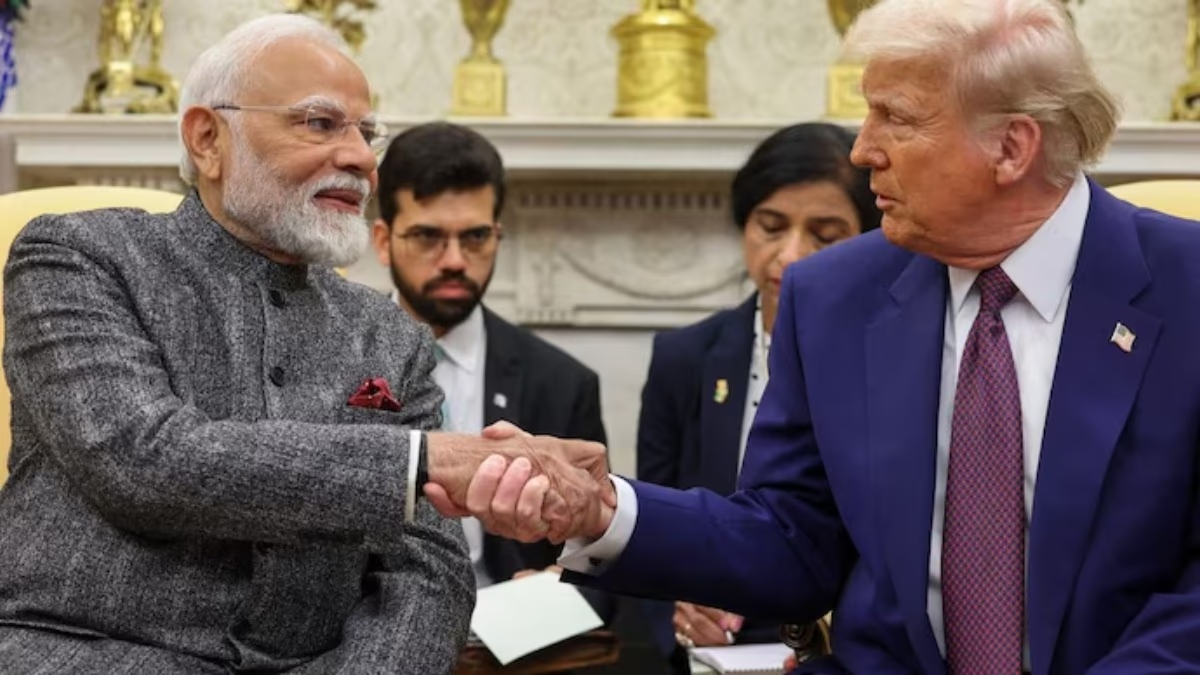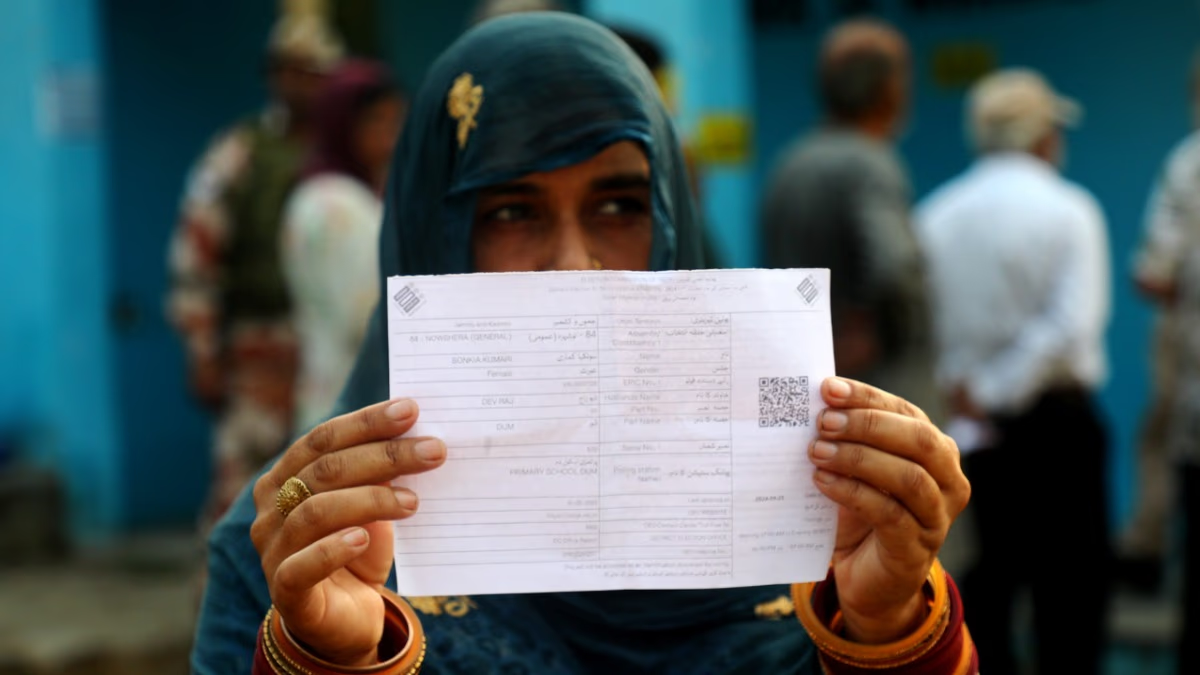In a new shift to its immigration policy, the United States has introduced a Visa Integrity Fee of $250 (approximately 21,000 INR) under President Donald Trump's 'One Big Beautiful Bill' Act. This ambitious bill, signed into law on July 4th, mandates that fees will be adjusted annually based on inflation and will initially act as a security deposit. If applicants meet certain conditions, this amount may be refundable.
What is the Visa Integrity Fee?
This new fee is seen as an attempt by the Trump administration to ensure applicants adhere to U.S. immigration laws. After being signed by President Trump on July 4th, the 'One Big Beautiful Bill' became an act, and the new visa regulations are part of it. This change implies that the American Dream could become more costly for Indian professionals and students.
According to the new rule, this mandatory fee, effective from 2026, applies to 'any non-immigrant visa issued to a foreign national,' including Tourist/Business (B-1/B-2), Student (F/M), Work (H-1B), and Exchange (J) visas, with an exemption for Diplomatic Category Visas (A and G).
The Department of Homeland Security (DHS) will impose this surcharge when issuing visas, in addition to the existing visa application costs. These changes are part of President Donald Trump’s efforts to strengthen rules against illegal immigration.
How much additional cost?
A report from U.S.-based immigration service firm Fragomen states that the bill encompasses other travel-related fees, including a $24 I-94 fee, a $13 Electronic System for Travel Authorization (ESTA) fee for Visa Waiver Program travelers, and a $30 Electronic Visa Update System (EVUS) fee for some Chinese nationals holding 10-year B-1/B-2 visas, none of which are eligible for exemption.
As of today, the cost of a U.S. Tourist/Business visa (B-1/B-2) for Indians is about $185 (approximately 15,855 INR). With the new surcharge, including a $250 Integrity Fee, $24 I-94 fee, and $13 ESTA fee, the cost of a Tourist Visa will be about $472 (approximately 40,456 INR), roughly two and a half times the original price.
Traveling to the U.S. Becomes Challenging
The government retains the right to increase this fee through future regulations, and starting in 2026, it will be adjusted each year based on the Consumer Price Index (CPI). While set as a security deposit, the primary aim of this fee is to ensure adherence to U.S. immigration laws.
This fee may deter overstaying beyond the visa period and discourage legal visitors. It could even limit cultural exchange, becoming a significant challenge for visitors from developing countries.
How is the Fee Refundable?
A refund is possible, but with stringent conditions. Visa holders can apply for a refund if they leave the U.S. without any extension or status change within five days of their visa's expiration or if they obtain permanent residency before the I-94 expiration.
I-94 is an arrival/departure record issued by U.S. Customs and Border Protection (CBP) to non-immigrants entering the U.S. However, the refund process is not automatic and requires appropriate documentation, such as a departure record or certificate of adjustment.
If these conditions are not met, the fee will be deposited into the U.S. Treasury's General Fund. Additional guidance from the U.S. State Department is expected for more clarity on the refund process. For professionals, tourists, and students from developing countries, the Visa Integrity Fee represents a significant financial hurdle, requiring careful planning to manage increased costs effectively.




